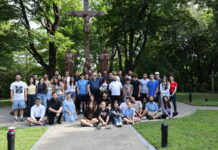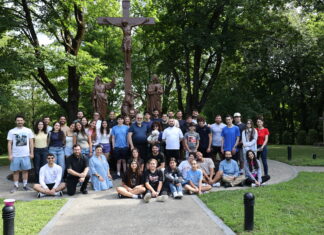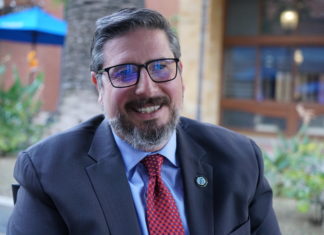MINNEAPOLIS, Minn. (Inside Higher Education) — The University of Minnesota was sued in federal court Tuesday over allegations that a website maintained by its Holocaust studies center defamed a Turkish-American organization in a way that raised First Amendment and due-process issues. The suit came just days after the Holocaust center removed the material that is the focus of the suit — although the university maintains that it acted as part of a routine review and not because of the threat of litigation.
Underlying the legal dispute is the debate over what happened to the Armenians during World War I. Among most scholars of genocide, there is a wide consensus that the deaths constituted a genocide. A minority of scholars (and many Turkish-American groups) disagree. The material that was removed from the Minnesota website was a list of “unreliable websites” for research on genocide — including the website of the Turkish Coalition of America.
The Minnesota lawsuit follows a retraction (under legal pressure) by the Southern Poverty Law Center of statements it made about a retired University of Massachusetts professor who has written books that cast doubt on the view that the Armenians suffered a genocide. David Saltzman, a lawyer involved in the suit against Minnesota and the one against the Southern Poverty Law Center, said in an interview last week that “the prospect of further litigation is great.”
Minnesota’s Center for Holocaust and Genocide Studies (CHGS) features a range of materials for use by students, researchers and teachers. The list of “unreliable” links was included in the mix of offerings.
Bruno Chaouat, director of the center, posted a note this week explaining that a review of the website had been going on — irrespective of the complaints of Turkish-American groups. “I decided to remove the section providing links to ‘unreliable websites.’ My rationale was quite simple: never promote, even negatively, sources of illegitimate information,” he wrote. “During almost 20 years working in higher education, I have never put a dubious source on a syllabus for my students, not even for the purpose of delegitimizing the source. The decision to remove the links to ‘unreliable websites’ was made before the Turkish Coalition of America began its efforts to intimidate CHGS into removing the links. The links were replaced with legitimate information devoted to the history, ideology and psychology of Holocaust and genocide denial.”
Chaouat added that he believes that what happened to the Armenians was in fact genocide. “On behalf of the CHGS, I want to reiterate that in accordance with the vast majority of serious and rigorous historians, the CHGS considers the massacre of the Armenians during World War I as a case of genocide.”







